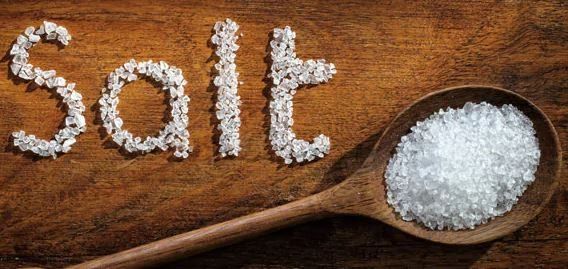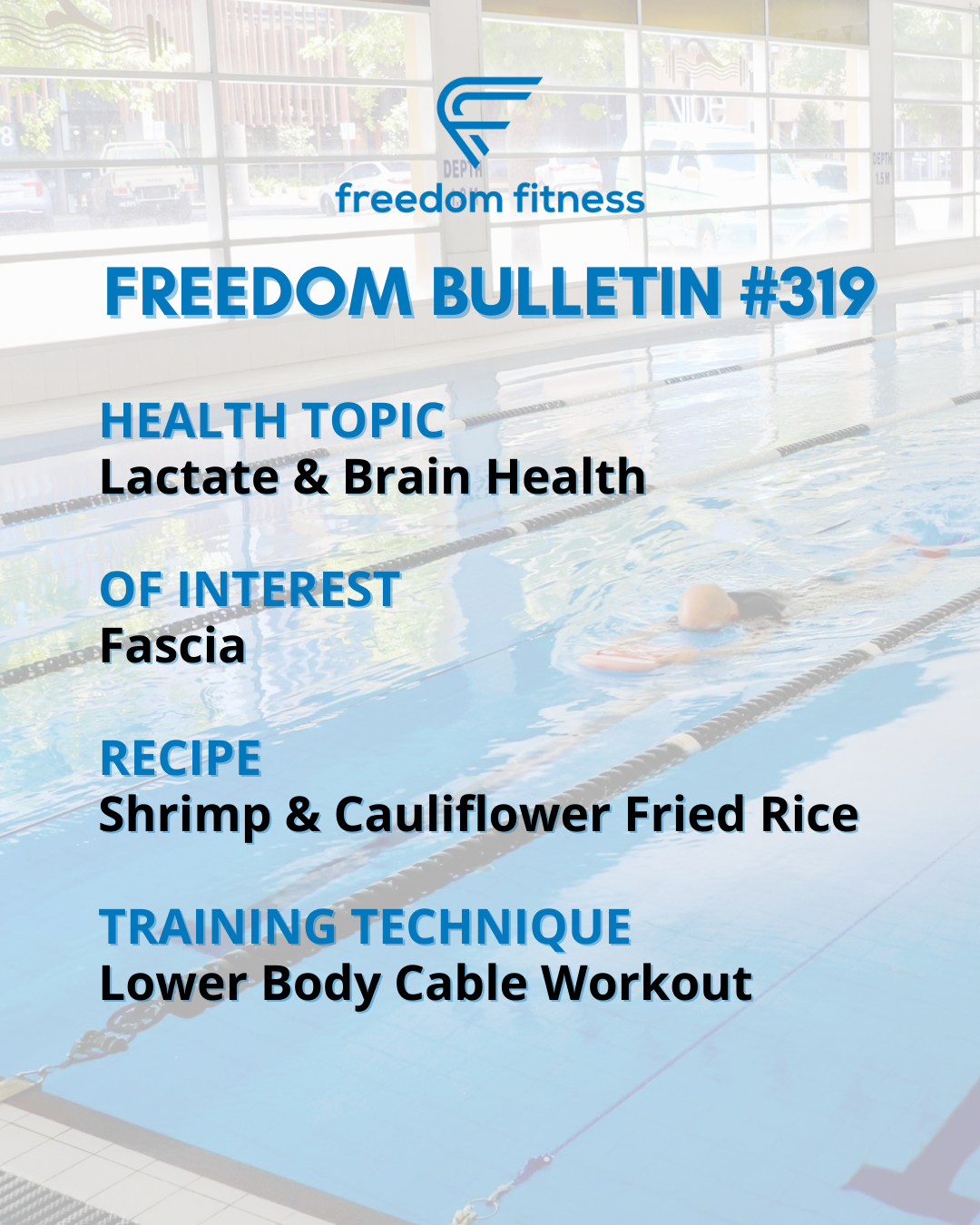SALT
Salt. . . too much? not enough? or not the right kind?

Salt has always been a valuable commodity, traded throughout history due to its health benefits.
Salt is made up of 2 compound minerals 40% sodium 60% chloride.
Salt regulates the fluid balance in our body. It determines how much fluid we hold onto and hope much we secrete.
Salt also regulates our desire for salt. If we are low on salt we crave salty foods and if we are high on salt we tend to avoid them.
If you are craving salt your body probably needs it.
Salt and water work very closely together to generate thirst in order to retain or excrete water. When you are thirsty you are not just seeking water you are seeking osmolality.
If we are low on salt our body will retain fluid.
This is common with low blood pressure. The brain will send salt craving signals so we can retain water leading to an increase in blood pressure.
Salt is essential for our brains and body to function properly. Salt is one of the key elements that make our neurones function and communicate with each other.
Neurones communicate with each other via electricity. Salt carries a positive charge.
Salt passes through the weak section of the Blood Brain Barrier. This enables the Neurones to sensor how much salt is in our blood.
This leads us to crave salt or will send signals to the kidneys to secrete or hold onto urine.
We also have sensors all through our digestive tract that will communicate with the brain about our salt status.
People with low blood pressure, dizzy spells or lack of energy may benefit from increasing salt.
Low sodium has also been shown to cause anxiety and an inability to handle stressful situations. Sodium also offers support to our adrenals.
It’s important if we exercise to replenish our body with electrolytes (salt, magnesium and potassium).
Even at resting, we lose about 1.5 pounds of water per hour.
Diet has a huge effect on our salt levels. Processed foods generally have a very high salt level, and the combination with carbohydrates and fat is a deadly mix.
Also the combination of salty and sweet foods will make you crave more as they cancel each other out so the body has no off switch.
Carbohydrates make your body hold water. On a low carbohydrate diet, the body will excrete water and salt.
Caffeine which is a diuretic will cause the excretion of sodium.
As a rule, every coffee should be replaced with one and a half glasses of water with a sprinkle of salt.
Diet, caffeine, water intake, blood pressure and lifestyle will all determine your individual salt intake.
Daily recommendations is; 4-5grams of sodium per day.
This should work in direct correspondence to blood pressure status.



